 |
| Illustration: Dao Tuan. |
The image of man has long been the creative focus of Viet Phuong's poetry. He always exalts man, the word "Man" capitalized, no matter from what perspective, what time. In the poetry collection "Open Door" published by the Literature Publishing House in 1970, there is a note in the poem "I look at the sky tonight and I read " which reads: The word "man" is broken apart and put together to form "NOI GU" . Man in Viet Phuong's poetry has a human nature, free from all boundaries that are conventionally formulaic and rational. But the image is very concrete, close, very rooted, without any illusion or fantasy.
I know myself to be the essence of emptiness.
But your tendons are strong and your blood is red
The noble aspiration for human liberation is constantly strung together into the philosophical substance in Viet Phuong's poetry.
The door has opened(*) to continue that flow. Through the ups and downs of experience, the philosophical thinking becomes deeper and more humane. He always gives readers new and different things. It is not the strangeness of a poetic style that refuses meaning, refuses understanding, but the strangeness originates from a philosophy of life, a world view, a message: What humans do not know is infinite/ The vast sea, people only hover around the side of the ship/ What humans do is not anywhere and shallow/ Only the works of gods or demons are wonderful and systematic from beginning to end (Ngo). He looks straight at the truth as if looking at the grain to know the value of life: Life deliberately makes each grain ugly (Gan). An observation, an awakening, a mood? Understand it however you like, every time the poet's heart vibrates with the human condition.
The boundless space of the universe, thanks to the light that shines, can be seen. But without humans, the universe would be just darkness, a silent mass. Thanks to human perception, we can understand the laws of the universe and see the transformation of nature:
There is a universe lying silent under our eyelashes
And:
There is a spring to wipe like a handkerchief
(Have)
Very wise and very romantic. The position of the two verses above belongs to human beings. Only the human mind and heart can establish a broad relationship. The ancients said: Human eyes and ears stand in the middle of heaven and earth .
At any time, Viet Phuong has a dialectical eye, not following the times and consequences. For thousands of years, humanity has had to live in tragedies, people have had to carry paradoxes on their backs. People are deluded, or delude themselves. Literature always tries to warn, help people perceive and find a way to escape from those absurd contradictions. Therefore, the poet is a lonely traveler, alone through the sandstorm of life to find the truth of life, to find the humanistic meaning of life. The loneliness in his poetry is not the loneliness of a lonely and bored person, but the loneliness of a poetic path, of an ego, the aesthetic border to create unique creativity:
I want to cry, I want to laugh, I want to explode.
Lonely pedestrian in a blinding sandstorm
The dinosaur idly listened to the tide
The sunset sky and sea are deserted and eerie
I crave reality, crave fantasy, crave burning flames.
Round breasts on a slender chest
The moon shines brightly all night long
Nameless star shines on uninhabited earth
(Leaf)
Perhaps sympathizing with people and poetry through the collection Open Door , a literary event in the early 70s, General Vo Nguyen Giap wrote a few verses of poetry dedicated to Viet Phuong when he was 60 years old. The fateful encounter of two cultural souls revealed in the subtle melody: E a, e a/ Forever young, e a, forever young, never old...aa/ In the days of rice and cinnamon firewood/ We still had very happy, very "giui" moments/ E a, e,a...
Reading Viet Phuong's poetry, we encounter gaps, breaks, sudden jumps, and implicit poetic images, always placing the poem in an open position. Let's quote a complete poem as an example:
You are the one who torments me and is tormented by me the most.
The last person met on the road
The universe is alone
Inviting cloud shapes
Wandering
The Golden Abyss
Fall never to bottom
Burnt pieces
The smell of rice every day
Hand
Rough head rub forehead
Drop of light
From the darkness of the mud
Breath
In the black throat cracked the sky
(Sing)
This can be considered a love poem, or it can be not. The characters "you" and "I" in the first verse are like two partners to develop a series of images that are not very compatible with each other. Each verse has its own position, its own tone, and the sound and color are also not in harmony. All come from a surreal idea that is put together to create the "Singing" voice (It can also not be a singing voice). The image of the whole poem focuses on the last verse. Something is rising strongly. Emotions are compressed, the verse bursts out, and then the reader is immersed in its own aftertaste. The open posture takes the poem's thoughts far and wide, in many directions. Not everyone realizes and can do that. For example, when we are free in a closed house for a long time, when we step out, if we are not proactive, we will be bewildered, not knowing where to go and what to do. The poet must also liberate himself before society liberates. Only the courage and bravery to overcome the barriers can produce a literary work in its true sense.
In 1970, Viet Phuong jumped over the fence to sound the alarm bell. From then until now, nearly forty years later, he continues his journey on the chosen path. His poetry pushes to the very end of his being with a very meditative feeling: I am up high, I look down at the sky/ The sun shines back on you radiantly/ Far below, the clouds open and close/ The earth is the center for the universe to shine (Mind). A truly affectionate look: Oh, love knows how enough/ Don't ask and don't answer (Silence), The horizon is still full, why is it still cramped/ A sea rain is really you (Cat). Those twin waves rely on each other to expand the poetic meaning.
How many paths has humanity traveled, glory and darkness, happiness and suffering, remembering and forgetting, forgetting and remembering, yet why is desire only just beginning? Is poetry the origin of all origins?
A forest bird hesitantly chirped
Life calls us with silence
In the echo of silence, man awakens, realizes, and rises.
______
(*) Thanh Nien Publishing House, 2008
Source: https://baothainguyen.vn/van-nghe-thai-nguyen/202507/viet-phuong-nguoi-lu-hanh-co-don-57c0a8c/







![[Photo] Prime Minister Pham Minh Chinh chairs the second meeting of the Steering Committee on private economic development.](https://vphoto.vietnam.vn/thumb/1200x675/vietnam/resource/IMAGE/2025/11/01/1762006716873_dsc-9145-jpg.webp)




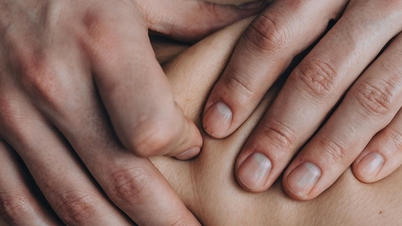






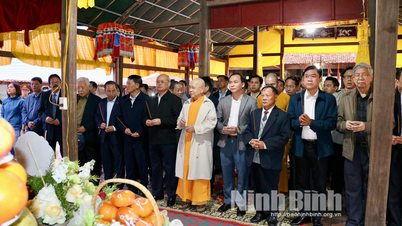

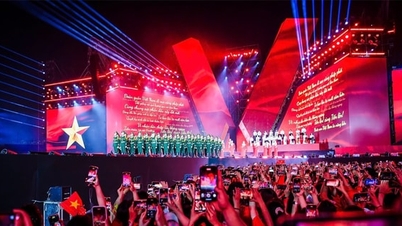

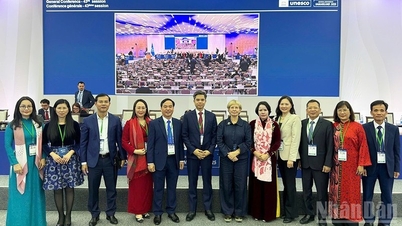

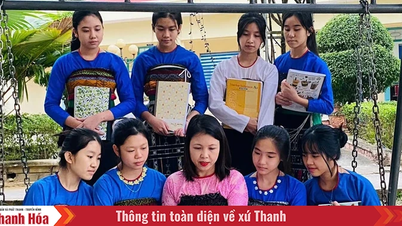


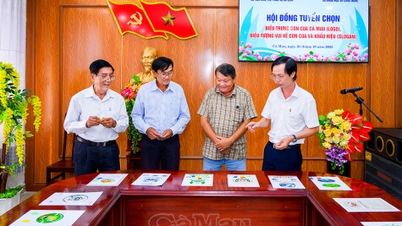





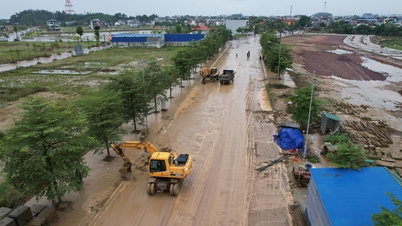


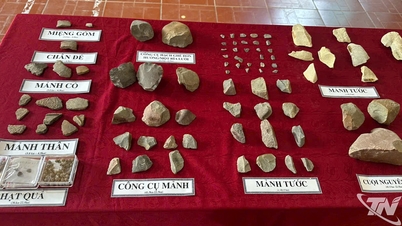
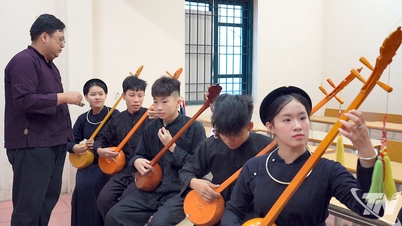

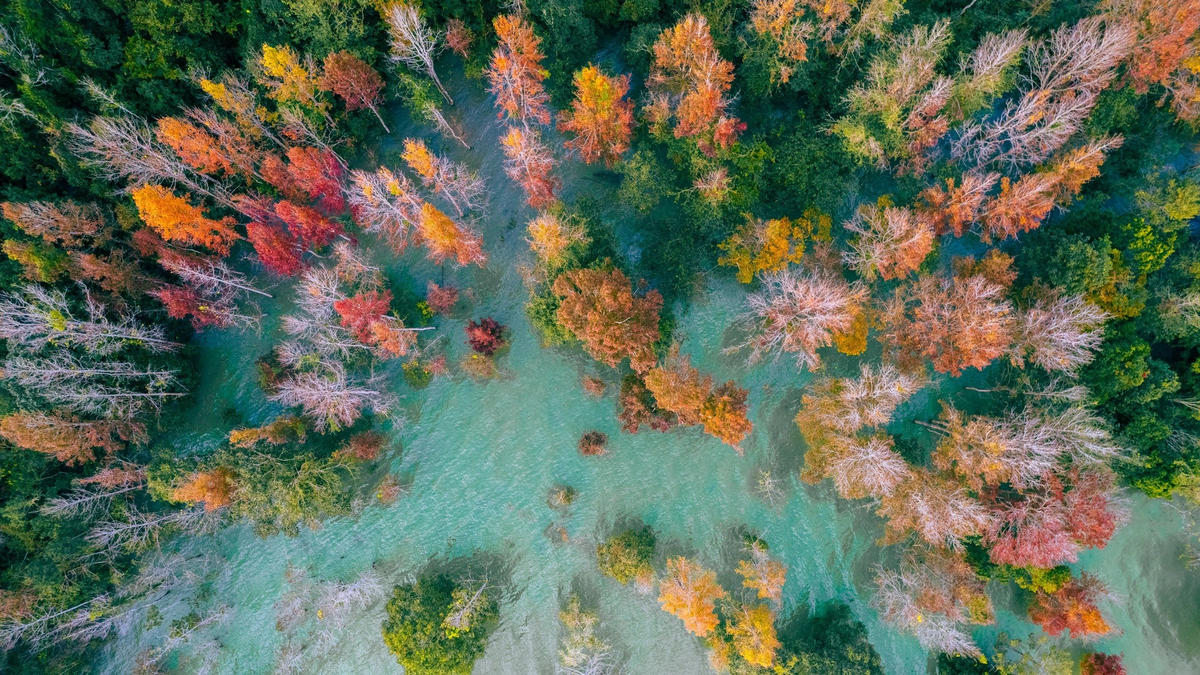

































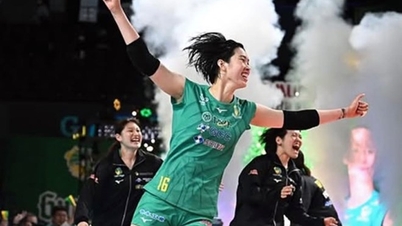



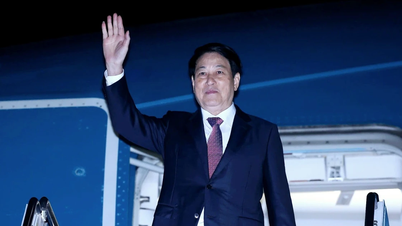


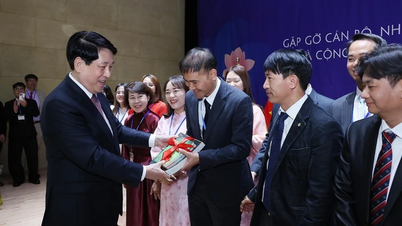
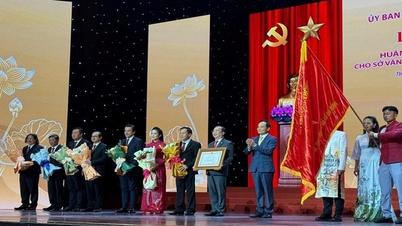


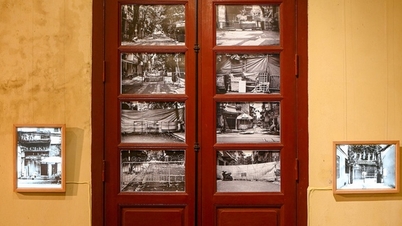


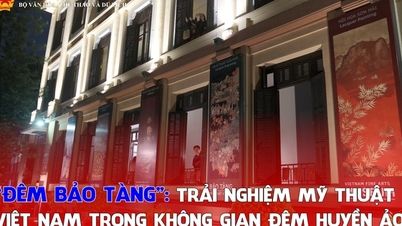
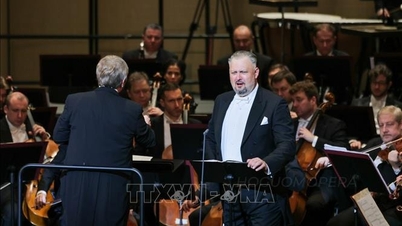



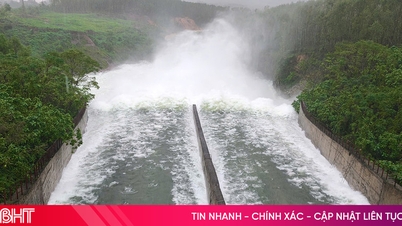

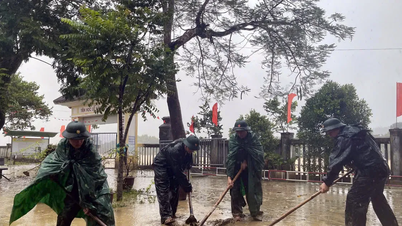
















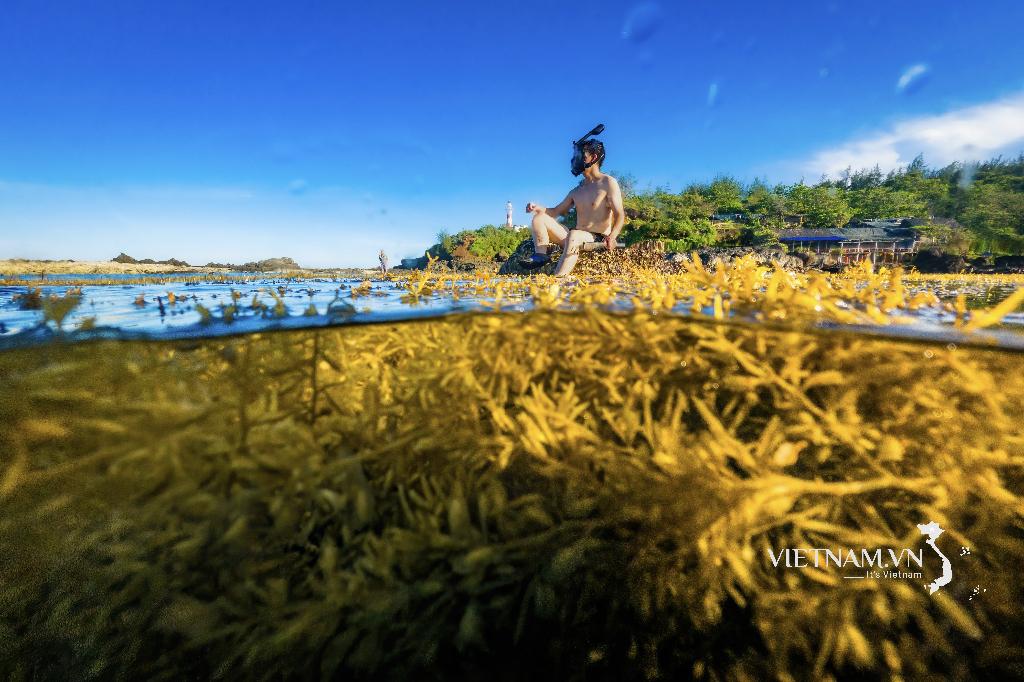
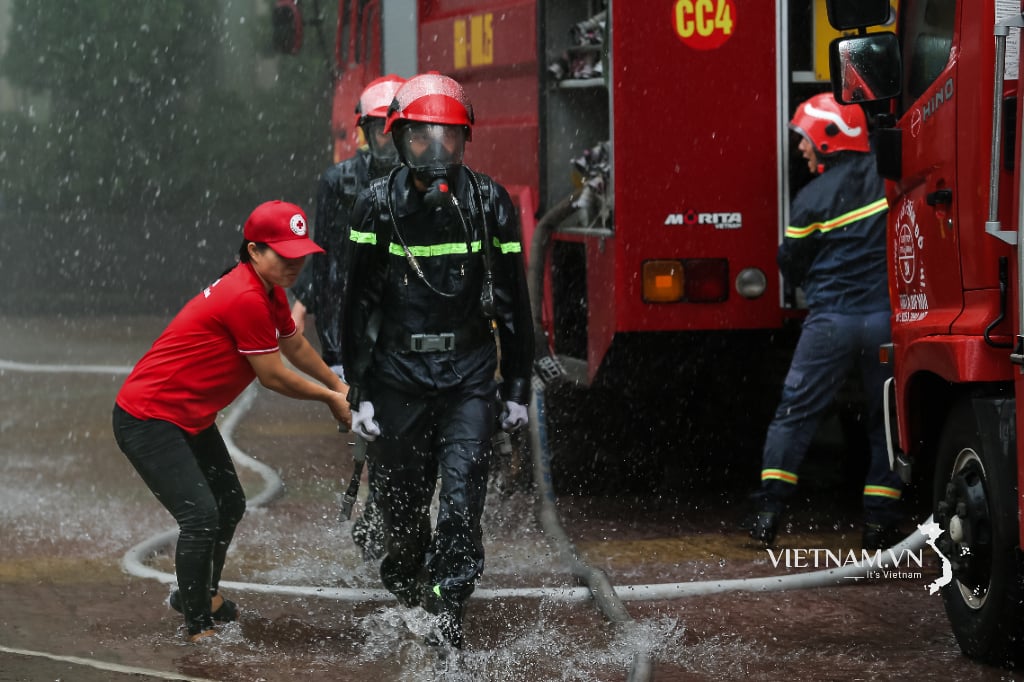
Comment (0)